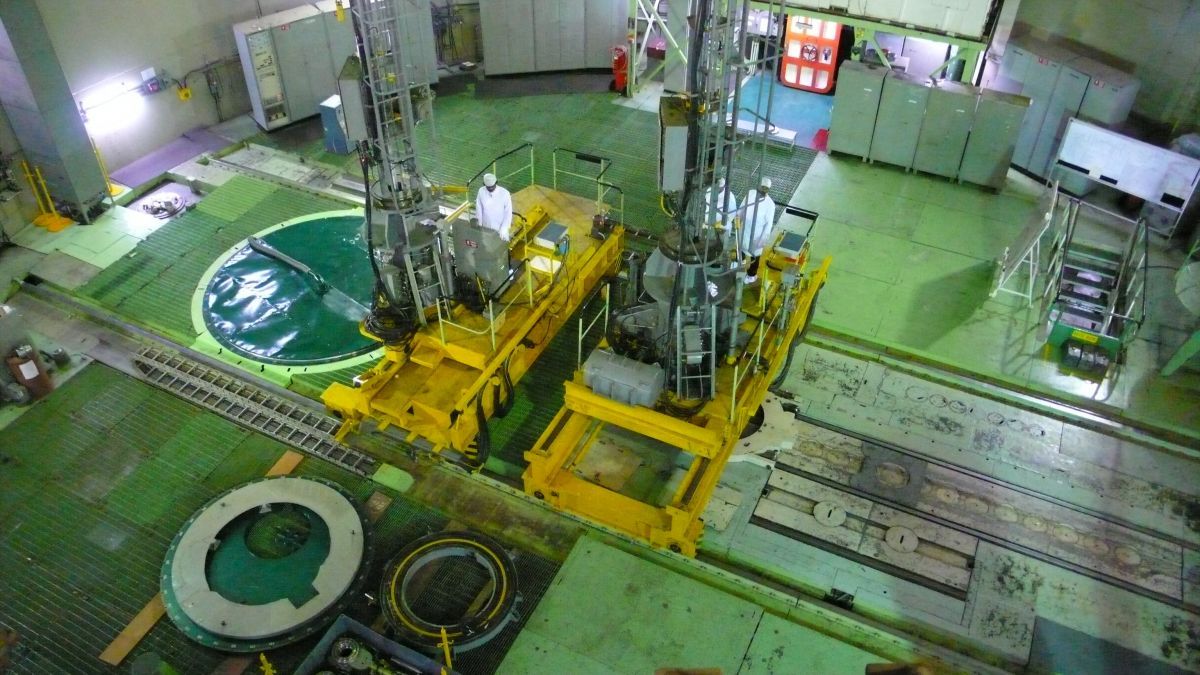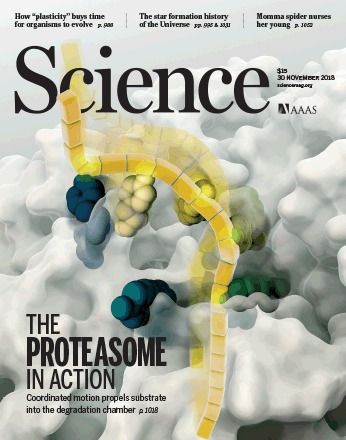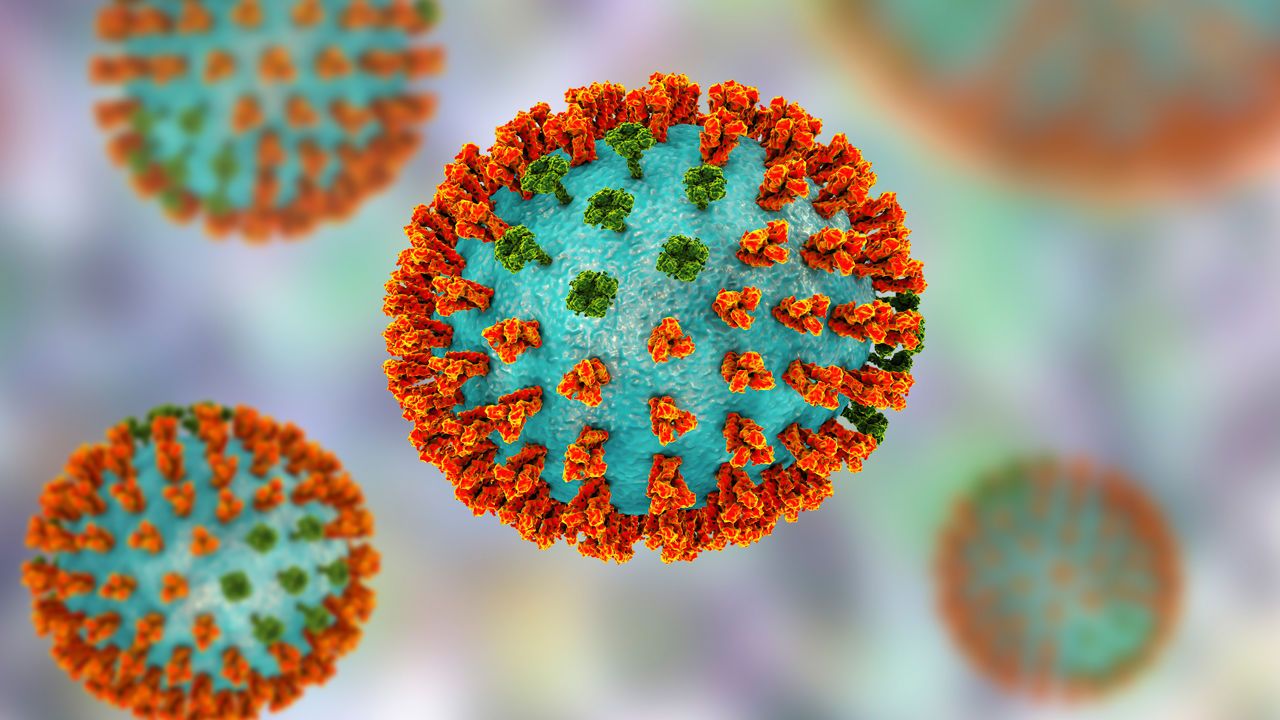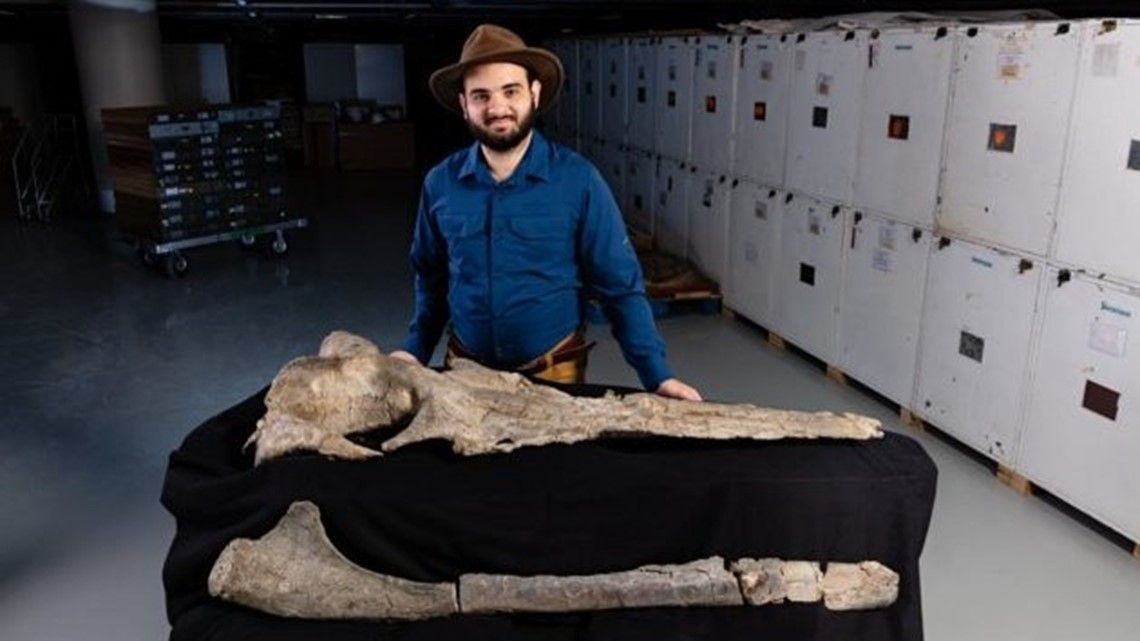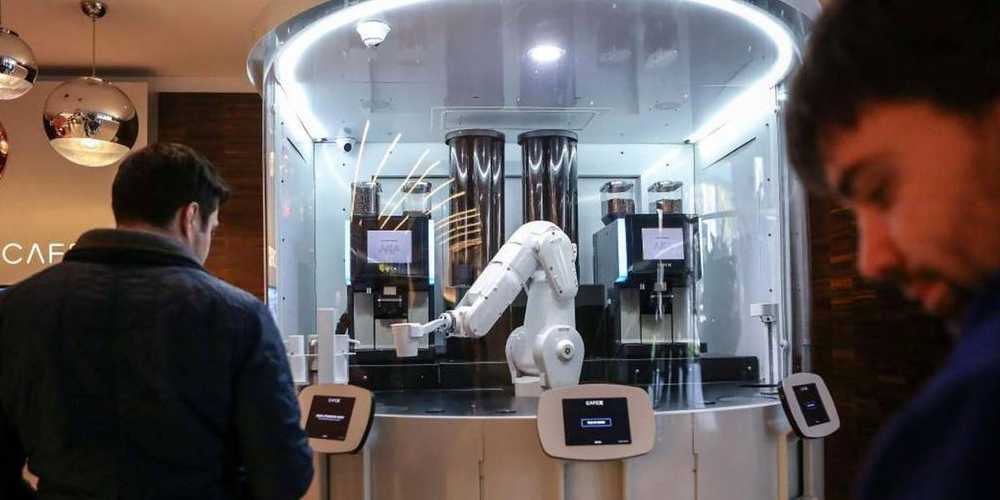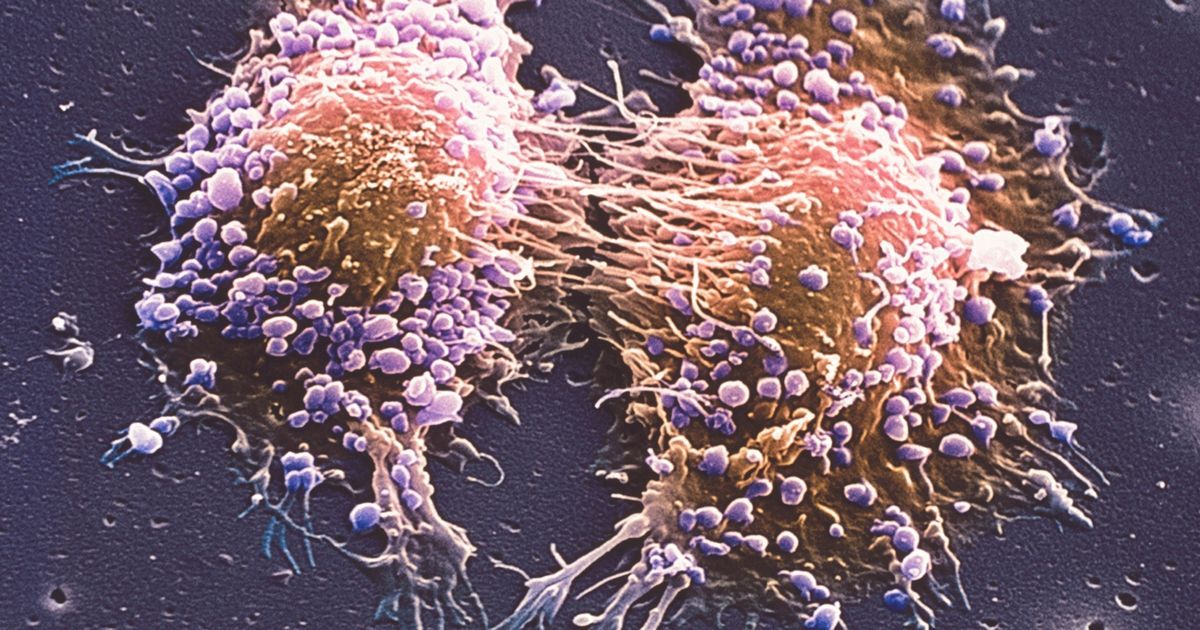Page 9649
Dec 2, 2018
Alaska hit by more than 230 small earthquakes since Friday
Posted by Genevieve Klien in category: energy

(CNN) — More than 1,000 aftershocks of magnitude 1.5 or greater have shaken Alaska since Friday’s big quake knocked out power, ripped open roads and splintered buildings in Anchorage, US Geological Survey geophysicist Randy Baldwin said Sunday.
The majority were of a magnitude of 2.5 or weaker, meaning they weren’t likely felt. But more than 350 of the aftershocks were higher than 2.5, according to USGS data.
Continue reading “Alaska hit by more than 230 small earthquakes since Friday” »
Dec 2, 2018
Precision genome engineering
Posted by Genevieve Klien in categories: bioengineering, biotech/medical, genetics
Biotechnology
Genome editing through CRISPR-Cas systems has the potential to correct genetic mutations that occur in diseased cells, such as cancer cells. However, the ability to selectively activate CRISPR-Cas systems in diseased cells is important to ensure that gene editing only occurs where it is wanted. Zhu et al. developed a system whereby gene editing could be activated by a magnetic field, thus allowing spatial control. The use of nanomagnets in their system also improved transduction into target cells in tumor-bearing mouse models. This approach could potentially allow the translation of CRISPR-Cas systems into therapeutic agents.
Nat. Biomed. Eng. 10.1038/s41551-018‑0318-7 (2018).
Dec 2, 2018
Curiosity spots mysterious ‘super shiny’ rock on the red planet
Posted by Michael Lance in category: space
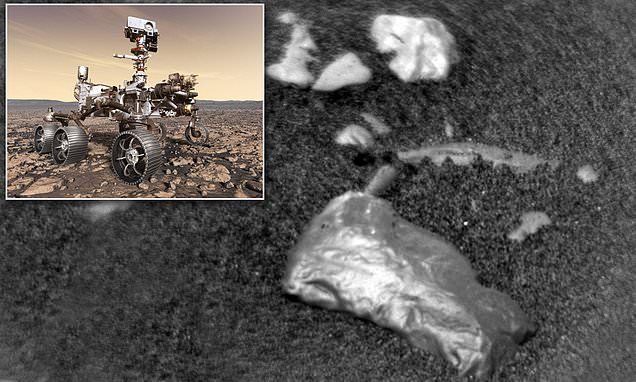
The golden rock on Mars: NASA revealed this image of taken of ‘Little Colonsay,’ a potential meteorite, on the surface of the red planet. It was taken by the rover’s ChemCam. Curiosity is now heading back for a closer look.
Dec 2, 2018
Universal flu vaccine remains ‘an alchemist’s dream’
Posted by Derick Lee in category: biotech/medical
In theory, a universal flu vaccine would work if it contained parts of the virus that remained the same from year to year, the so-called conserved epitopes that make the pathogen less viable if they change. But no one has yet found the viral pieces capable of stimulating an immune response that stops most flu viruses afflicting humans.
A rapidly changing virus and a complex immune response stymie developers.
Dec 1, 2018
Our NASA’s Juno Mission to Jupiter spacecraft is dolphin watching in the cosmos
Posted by Michael Lance in category: space

When performing its 16th close flyby, the spacecraft captured images of what looks like a dolphin moving through the changing cloud formations across Jupiter’s southern hemisphere. Dive in for a closer look: https://go.nasa.gov/2rfQ75j&h=AT2U4DpfasZJq2Zb_KCBcptaksIdQo…NrMfiWvF0g
Dec 1, 2018
Fossil named after Burke Museum curator tells whale of a tale
Posted by Genevieve Klien in categories: biological, education
A whale that lived 33 million years ago when present-day Oregon was part of the ocean floor has been newly named after a curator at the Burke Museum of Natural History and Culture in Seattle.
And Elizabeth Nesbitt’s whale isn’t your typical cetacean: An analysis of the fossil, published in the Nov. 29 issue of Current Biology, suggests that Maiabalaena nesbittae bridged a gap between species of whales that had teeth and species that have a different mouth-feeding mechanism known as baleen.
“For the first time, we can now pin down the origin of filter-feeding, which is one of the major innovations in whale history,” study co-author Nicholas Pyenson, the National Museum of Natural History’s curator of fossil marine mammals and an affiliate curator at the Burke Museum, said in a news release.
Continue reading “Fossil named after Burke Museum curator tells whale of a tale” »
Dec 1, 2018
The Incandescent Drafts Of Brilliant Physicist Richard Feynman Have Sold At Auction For $4,922,625
Posted by Genevieve Klien in category: physics
Along with Richard Feynman’s varied scribblings and thoughts, his Nobel Prize, tambourine and book collection were also available at Sotheby’s.
One of the undisputed geniuses in the world of 20th-century physics was theoretical physicist Richard Feynman, and science enthusiasts will be delighted to learn that Feynman’s incandescent rough drafts of his thoughts and ideas headed to auction on Friday at Sotheby’s in New York, fetching a selling price of 4,922,625 USD.
As will be well-known to many people, Richard Feynman was a great popularizer of physics, and wrote entertaining and informative classics like S urely You’re Joking, Mr. Feynman, The Pleasure of Finding Things Out, QED: The Strange Theory of Light and Matter, and What Do You Care What Other People Think? As The New York Times reminds us, Feynman also played a crucial role in determining what had caused the devastating loss of the space shuttle Challenger.
Dec 1, 2018
A $25,000 robot barista serves 120 cups of coffee an hour — and it is part of a growing ‘robot revolution’ that could kill millions of jobs
Posted by Shane Hinshaw in categories: employment, robotics/AI
A robot barista can whip up 120 drinks an hour — and it reveals a growing trend that is transforming the restaurant industry.
Trendy coffee roasters including Intelligentsia, Ritual, and Equator have partnered with Café X Technologies to create a $25,000 robot barista, CNBC reports. The robot, which operates as the sole barista in a San Francisco café, can make any drink you would expect at a standard trendy coffee shop, including espressos, flat whites, and cortados.
“I don’t see the robot revolution as a problem,” 24-year-old inventor Henry Hu told CNBC. “The idea isn’t to scare you or harm you in any way. The point is to get you your coffee as quickly and deliciously as possible.”
Dec 1, 2018
Irish scientists make huge break through that halts growth of brain tumours
Posted by Genevieve Klien in categories: innovation, neuroscience
Experts claim that this new breakthrough could significantly halt the growth of brain tumours.
